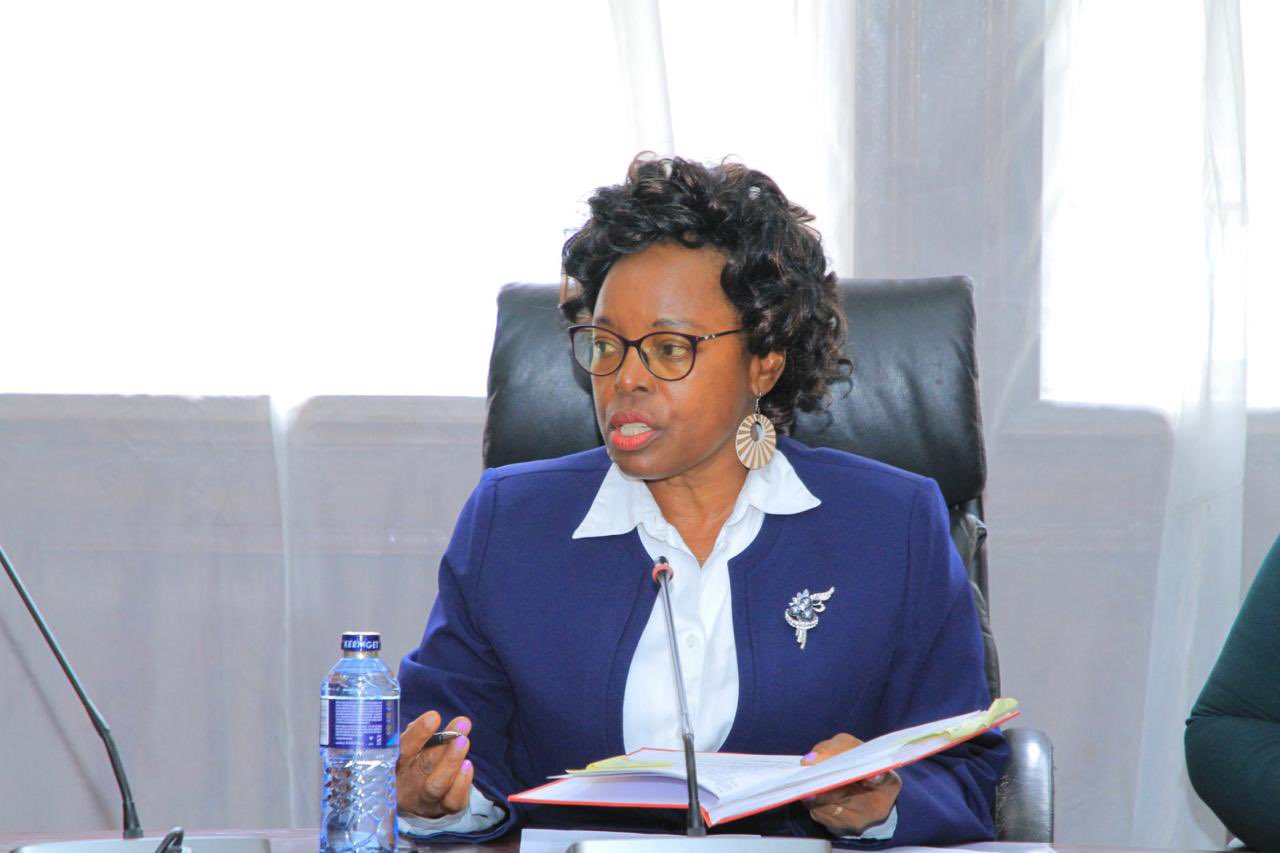Blow to City Hall as Controller of Budget slashes supplementary budget

Controller of Budget Margaret Nyakang'o explained that some projects lost funding or had their budgets cut because they did not follow the Public Finance Management Act (PFM), 2012.
Nairobi Governor Johnson Sakaja's administration has suffered a major setback as the Controller of Budget (COB) reduced its Supplementary Budget for the Financial Year 2023-2024 which was passed last month.
In documents seen by The EastleighVoice, Controller of Budget Margaret Nyakang'o explained that some projects lost funding or had their budgets cut because they did not follow the Public Finance Management Act (PFM), 2012. The Act sets rules on how budgets can be changed legally.
More To Read
- County expenditure share by sector (FY2023/24)
- Nairobi orders staff to submit academic, professional records by January 15
- City Hall opens six-month window to regularise non-compliant properties
- Parliament seeks Controller of Budget control of Sh63 billion Housing Levy to curb misuse
- Governor Sakaja unveils six-borough structure to enhance service delivery
- City Hall moves to recognise urban farmers in policy review
Section 135 of the Act highlights that a Supplementary budget is needed to reallocate funds to new areas.
The Ward Development Fund was cut by Sh655 million, leaving it with Sh1.3 billion instead of Sh1.96 billion.
The Boroughs and Public Administration sector's budget was slashed from Sh1.19 billion to Sh748 million.
The Health department's budget was reduced from Sh1.13 billion to Sh519 million while the Mobility and Works sector's budget was cut from Sh3.3 billion to Sh1.7 billion.
In its proposal, City Hall had increased the budget for the County Public Service Board from Sh127 million to Sh130 million.
However, the Controller of Budget also cut this budget by Sh10 million.
 Controller of Budget Margaret Nyakang'o. Her office has reduced its Supplementary Budget for the Financial Year 2023-2024 which was passed last month. (Photo: X/Controller of Budget)
Controller of Budget Margaret Nyakang'o. Her office has reduced its Supplementary Budget for the Financial Year 2023-2024 which was passed last month. (Photo: X/Controller of Budget)
The Inclusivity Public Participation and Citizen Engagement sector had its budget cut by Sh476 million, leaving it with Sh1.8 billion.
The Innovation and Digital Economy department saw its budget reduced from Sh9.7 million.
Another area to be affected is the Nairobi Revenue Authority sector, which was supposed to collect Sh20 billion this year. The COB removed Sh100 million in development funding.
The Public Service Management sector's budget was also reduced from Sh20 million to Sh10 million while the Agriculture sector's budget was cut from Sh96.3 million to Sh27.7 million.
Additionally, The County Assembly's development budget was reduced by Sh915 million, leaving only Sh300 million from a total budget of Sh2.4 billion.
Exceeded limit
Explaining the changes, CoB Nyakang'o pointed out that they exceeded the 10 per cent limit of the total approved expenditure, violating Section 154(2)(c) of the PFM Act.
She also mentioned that some approvals were made without necessary permissions from the County Treasury, and sometimes the County Assembly was not properly informed or did not approve the changes.
The COB also highlighted that Nairobi County was noted for requesting fund relocations without detailed explanations or justifications, as required under Section 154(2)(b) of the PFM Act.
However, defending the budget cuts, County Executive Committee Member for Finance and Planning, Charles Kerich, said the budget changes for the year under review were meant to reflect revenue realities and budget absorption.
He said the budgets for the County Public Service Board and Nairobi Revenue Authority were carried forward to the next financial year for buying revenue mobilisation vehicles.
"The County Assembly's budget was reduced due to an agreement with the County Government to provide land for building an administration block. The cost of acquiring land and other related expenses were removed from the budget," Kerich explained.
The CEC also noted that by rationalising the budget in line with own-source revenue collection trends, City Hal seeks to prioritise projects that can be funded in line with fiscal responsibility principles.
Top Stories Today












































